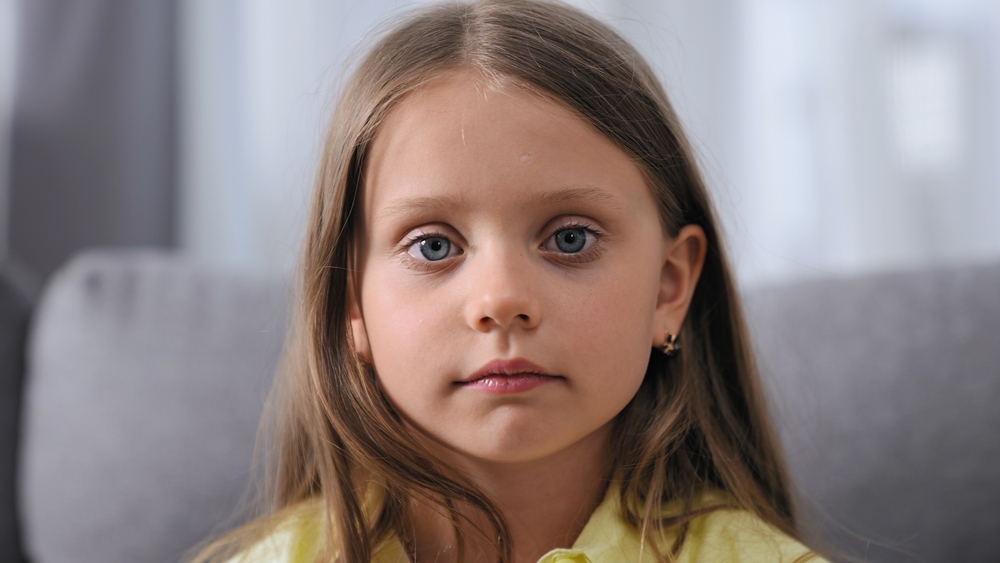Modern parents are constantly bombarded with advice about how to raise emotionally intelligent, confident, and resilient children. Yet, some of the most popular parenting trends are unintentionally doing the opposite—creating dependency, anxiety, and emotional fragility. While many of these practices come from a place of love and protection, they can stunt a child’s ability to navigate real-life challenges. Recognizing which trends are quietly harming emotional growth can help families make small but powerful changes that strengthen kids’ emotional health for life.
1. Over-Scheduling Every Hour of the Day
One of the most common parenting trends involves packing a child’s day with structured activities, lessons, and enrichment programs. While the intention is to nurture talent and curiosity, it often leaves little room for free play or rest. Children who rarely experience downtime struggle to develop creativity and self-soothing skills. Over-scheduling also creates pressure to perform rather than enjoy learning. Emotional growth requires balance—kids need time to just be kids, not mini-professionals.
2. Always Praising Instead of Guiding
Endless praise may seem like a confidence booster, but excessive compliments can distort a child’s sense of effort and achievement. Kids begin to seek validation rather than internal motivation. Among the most overlooked trends, this constant affirmation can lead to fragile self-esteem that crumbles in the face of criticism. Constructive feedback helps children grow emotionally by teaching them resilience and self-reflection. The key is encouragement grounded in honesty, not flattery.
3. Solving Every Problem for Them
Many parents jump in to fix conflicts, forgotten homework, or emotional upsets before their children have a chance to cope independently. This protective instinct, while natural, deprives kids of essential problem-solving experience. One of the most damaging parenting trends is shielding children from every frustration. When kids don’t learn to navigate setbacks, they may grow into adults who crumble under pressure. Emotional growth thrives when children are allowed to fail safely and learn from their mistakes.
4. Emphasizing Happiness Over All Else
A growing number of parents focus on keeping their children “happy” at all times, removing any situation that could cause discomfort or sadness. Unfortunately, that emotional sheltering limits growth. Life naturally includes disappointment and uncertainty—feelings that teach emotional regulation. By overemphasizing happiness, parents risk raising children who avoid challenges or shut down emotionally when things get hard. The healthiest emotional growth comes from learning that all feelings, even unpleasant ones, have value.
5. Oversharing Kids’ Lives on Social Media
Among modern trends, digital sharing has become nearly automatic—from baby milestones to teenage achievements. However, constant exposure can erode a child’s sense of privacy and self-identity. Kids who grow up as online content may feel pressure to perform or meet public expectations set by others. In some cases, oversharing can even create anxiety or resentment when they realize how much of their life was broadcast without consent. Emotional growth depends on autonomy and the freedom to define one’s own story.
6. Eliminating All Conflict at Home
Some parents believe that protecting kids from arguments or disagreements promotes harmony, but it actually deprives them of emotional lessons in empathy and communication. Conflict is a natural part of relationships and learning how to handle it constructively is essential for growth. Avoiding conflict altogether teaches children to fear confrontation or suppress emotions. Healthy emotional growth develops when children witness respectful discussions and understand that love persists even during disagreements. A peaceful home doesn’t mean a conflict-free one.
7. Rewarding Compliance Instead of Curiosity
Reward-based parenting trends can backfire when children learn to follow rules for the sake of a prize rather than genuine understanding. Over time, this discourages curiosity and critical thinking. Kids may start to fear making mistakes or asking challenging questions. Emotional growth relies on exploration and the freedom to test boundaries safely. When curiosity is encouraged instead of punished, children develop stronger confidence in their own reasoning and individuality.
8. Modeling Perfection Instead of Authenticity
Parents who always appear composed, competent, and emotionally steady may think they’re setting a good example—but perfection is an illusion that teaches kids to hide their true feelings. When children never see vulnerability, they assume emotions like sadness or frustration are signs of weakness. One of the most silent trends harming emotional growth is pretending everything is fine. Sharing moments of struggle shows kids that it’s okay to be imperfect and that strength often comes from honesty.
9. Turning Every Achievement into a Competition
Competitive parenting—comparing grades, sports performance, or college prospects—can quietly destroy intrinsic motivation. Kids internalize the message that worth is tied to outperforming others. This mindset breeds anxiety and damages relationships with peers. When parenting trends prioritize comparison over compassion, children lose sight of what truly matters: growth, effort, and kindness. Emotional development thrives when kids feel supported, not ranked.
Reclaiming Balance in Parenting and Emotional Growth
Recognizing harmful parenting trends isn’t about judgment—it’s about awareness. The goal isn’t perfection but presence: listening more, scheduling less, and allowing children the space to feel, fail, and flourish. Emotional growth happens when kids learn to face life’s uncertainties with confidence and compassion, supported by parents who model resilience instead of control. Families that prioritize connection over conformity raise children who can navigate the world with emotional strength and empathy.
Which of these parenting trends do you think has the biggest impact on emotional growth? Share your thoughts and experiences in the comments below!
What to Read Next…
10 Things You’re Overspending On Because of Social Media Parenting Trends
The Screen Trap: 9 Social Media Trends Kids Are Doing That Experts Warn About
10 Birthday Party Trends That Are Pricing Out Lower-Income Kids
8 Modern Parenting Trends That Are Making Kids Entitled
What Parenting Influencers Don’t Tell You About the Cost of That Trend
The post 9 Parenting Trends That Are Quietly Harming Emotional Growth appeared first on Kids Ain't Cheap.








